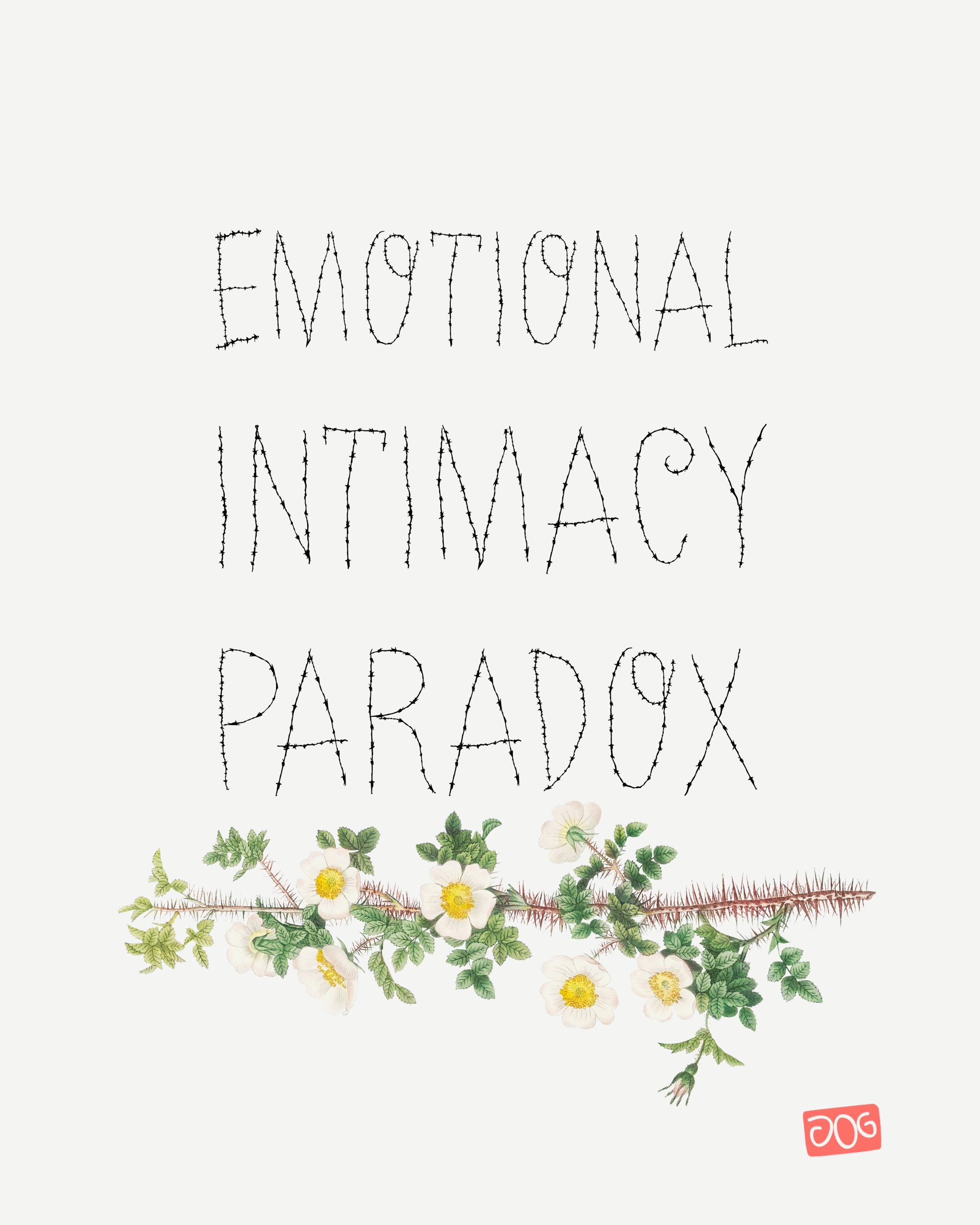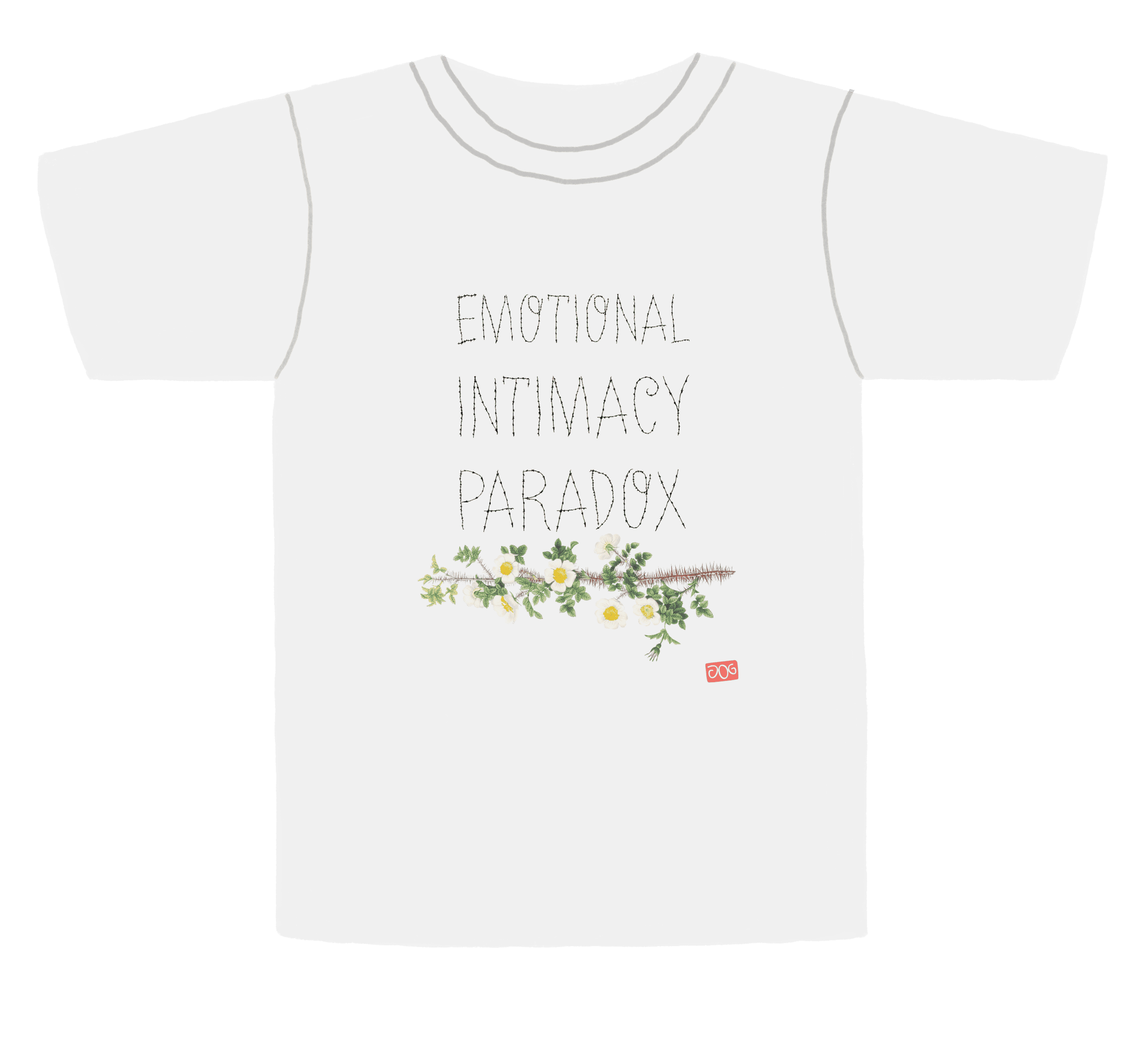Emotional intimacy paradox
What is the emotional intimacy paradox?
It’s like this: you yearn with everything you think and say to be close and loved, but here comes the paradox – you end up doing exactly the things that push others away instead.
Imagine this: you want to hug someone but you hold up your hands to stop them from getting too close.
It’s twisted, but it’s real.
This happens because of a mix of things. Maybe you’ve felt abandoned before, perhaps when you were a child. Your parents might have separated, or you felt left alone to fend for yourself because they were busy with their own lives or dealing with their own issues. This kind of experience can shape how you approach relationships and intimacy as an adult.
You’ve been hurt, so you’re scared that getting close to someone means you’ll get hurt again. Or you might think that if people get to know the real you, they’ll reject you, so you keep a distance to protect yourself.
It’s like a defense mechanism - wanting love but being afraid of it at the same time.
You might tell someone you want to spend time with them but then act distant or critical when you’re together. It’s like a defense mechanism – wanting love but being afraid of it at the same time. Often, our fear of vulnerability, our past hurtful experiences, and how we see ourselves in a flawed way leads to mixed signals.
It can also come from your attachment style. If you’re anxious, you might crave closeness but fear abandonment, making you act clingy or erratic. If you’re avoidant, you might desire connection but also fear losing your independence, so you keep people at arm’s length.
Breaking out of this cycle means, first and foremost, becoming aware of these patterns in yourself. Your awareness is the game changer. When you can see how your own actions are sabotaging your wish for closeness and intimacy, how your fears and anxieties stand in the way, and how your trauma and past experiences make you protective against receiving the love you deserve, you can start to allow yourself to be more vulnerable.
This will help you learn to communicate openly with your loved ones about your fears and needs, and build trust and closeness over time.
You may also like
The seed of healing lies in our very brokenness
Our ability to heal and transform comes…
Stay on your side
In tennis, there is an etiquette that…
Play nice
From a young age, we’re taught to "play…






